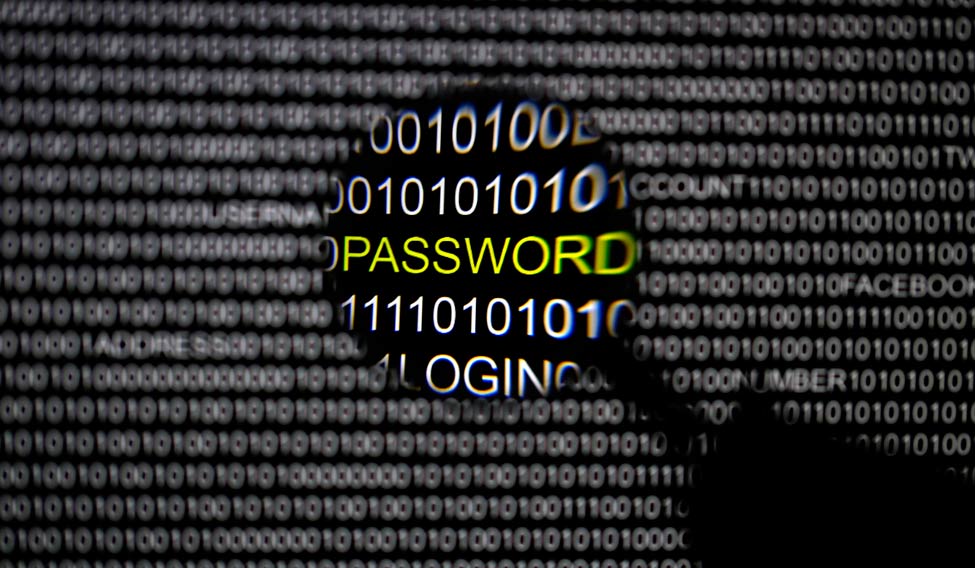First demonetisation, then came the increased push for a digital economy. This predictably generated huge cyber security concerns in the financial sector have found mention in the union budget 2017.
Last year, the financial sector had woken up to the 'first of its kind breach' that occurred in the banks' back-end systems leading to the re-issuing of more than six lakh debit cards. This was just the tip of the ice-berg, pointed out cyber experts who draw attention to the continued cyber attacks in government and private sectors prompting the government to appoint its first cyber security chief Gulshan Rai and send cyber crime expert and former Data Security Council of India (DSCI) CEO to head the new IT arm of the RBI last year.
Experts felt that RBI's move to in-source its cyber security and IT resources was a welcome sign.
On Wednesday, Finance Minister Arun Jaitley announced the setting up of a CERT (computer emergency response team) for financial sector and a Payment Regulatory Board under RBI to regulate electronic payments among steps to strengthen security of the financial sector. While Jaitley stressed that cyber security was critical for safeguarding the integrity and stability of the financial sector, cyber experts were left disappointed when they found that there had been no mention of separate allocations for capacity building for fighting cyber crimes, digital literacy in rural areas and a speedy ''Justice delivery system'' for Digital India among a string of other steps to revamp and re-energize the cyber security architecture.
The government's continued emphasis on digital payments, Aadhar-linked services and other e-services opens up the financial sector to an increased threat from the cyber world. Cyber fraudsters are waiting to steal data and empty bank accounts while cyber armies of other countries, especially India's immediate neighborhood in China and Pakistan, are waiting to launch planned attacks in a way that it can de-stabilize the Indian economy.
"The budget has sought to promote cashless transactions and recognised the existing vacuum in the system pertaining to regulation of electronic and mobile payments. While it has proposed measures to fill up the vacuum which will help contribute in India's march towards a digital cashless economy, we expected far more dedicated and specific allocation of funds on cyber security for the entire country. This becomes more important as Indian networks are continuously being targeted by various state and non-state actors. The budget ought to have carved out more allocation for fighting cyber crime and create appropriate capacity building initiatives amongst relevant stakeholders including the law enforcement agencies," said Pawan Duggal, a cyber expert and a practicing advocate in Supreme Court.
Mumbai-based cyber expert and lawyer Prashant Mali, who is fighting several cases of cyber fraud, said the major lacunae in the budget was the lack of any allocation for ''digital literacy in rural areas'' and strengthening the justice delivery system in cyber crime cases which is in shambles today.
"Digital economy would get the right boost by this budget allocation. But the government should also allocate heavily on 'grievances handling mechanism' simultaneously, otherwise it will create huge problems," said Mali, adding that more fiscal support was required to create an enabling environment for promoting the case of the cashless digital economy.





